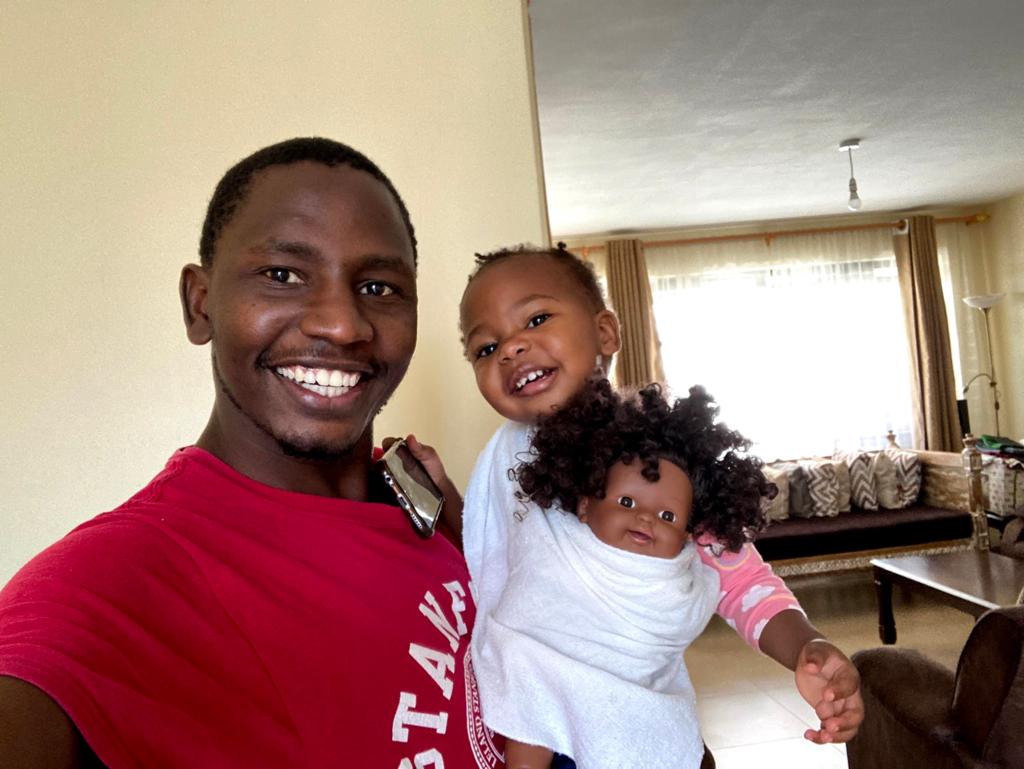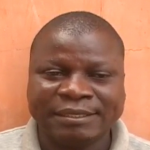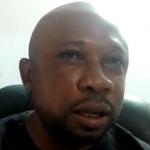Real Stories by Real Dads
A mosaic of Dads share the ups and down, their joys and fears, copings mechanisms and the unedited reality of bringing up the women of the future. Happy reading!
Fathering far more women than just his daughter. This is Alfred’s story.
Alfred Muli is not just the proud father to his three year old daughter, Ayn, but an active feminist whose life's work has been dedicated to advocating for and raising awareness around women's issues as well as encouraging more men
Zero to Shakespeare
David O. always jokes that his daughter, Chloe, now 15, never really did baby talk --- it was zero to Shakespeare, he says, total silence and then fully formed sentences that expressed exactly what she was feeling or what she
When I can’t relate to my daughter’s interests I take on the role of curious observer
As a self-trained, multi-instrumentalist, Tucker Electon says he'd always hoped to be able to share his love of playing music with his daughter, Karen, 9, so she could have a head start in pursuing her own relationship to a specific
I do jokes to do good in other people’s lives
Comedian, and father of four daughters (Betsy, 11, Mae, 9, Lucy, 7, and Waffle, 6) and two pigs (Gilly and Luna) James Breakwell always says that even on the worst day of your life, there are a few seconds here
Dad Quotes
Videos
Eye opener clips of dads from around the world. We ask the challenging questions, they give us the raw truth.









































